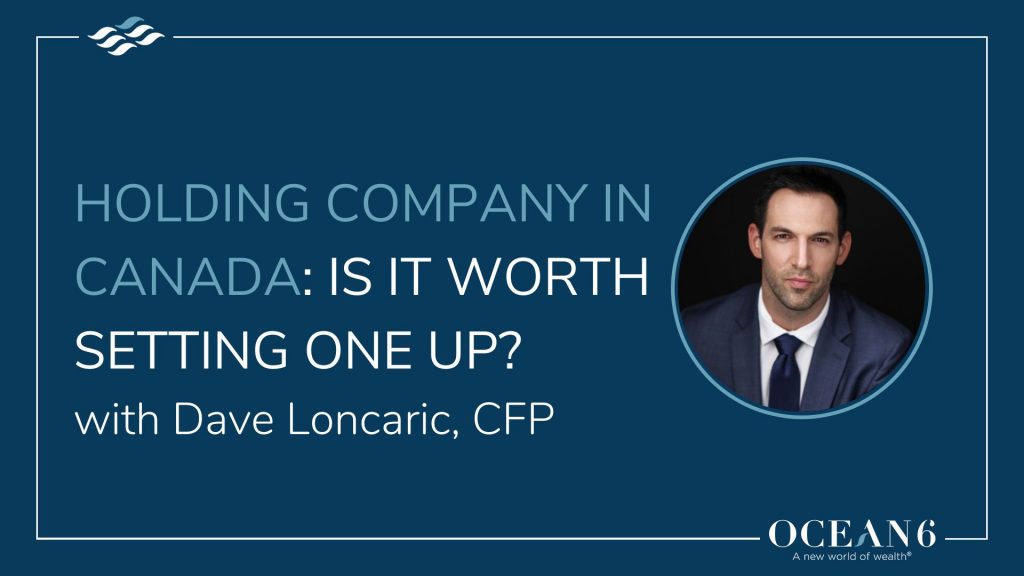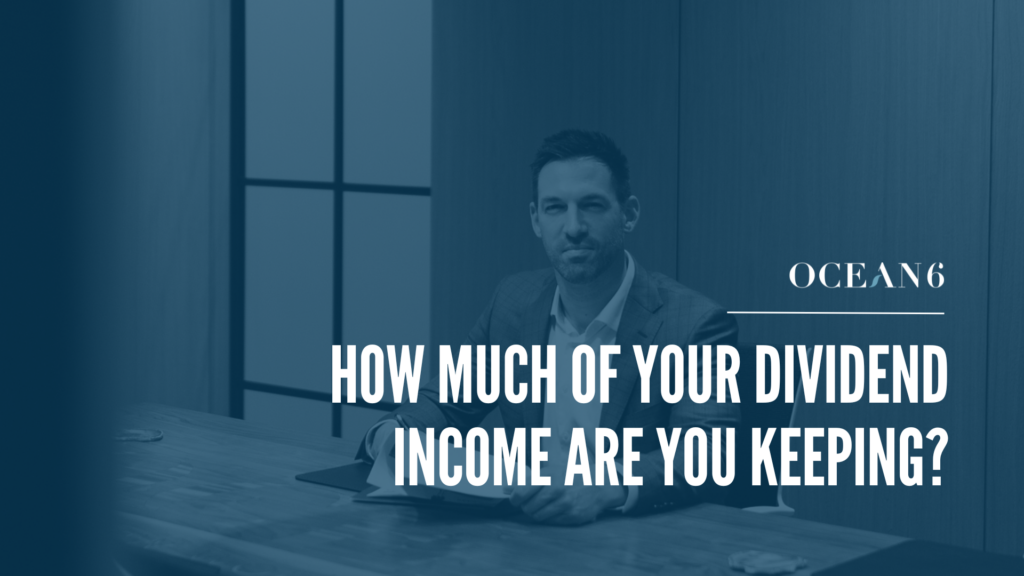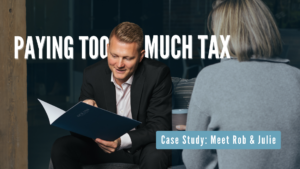The Lifetime Capital Gains Exemption (LCGE) can be one of the most valuable tools to help reduce tax bills for Canadians who own an active small business corporation in Canada.
What is the Lifetime Capital Gains Exemption?
The LCGE is a tax benefit that reduces the tax Canadian individuals must pay on capital gains from the sale of certain qualified assets.
These qualified assets include:
- The sale of qualified small business corporation (QSBC) shares.
- The sale of qualified farm property and fishing property
This blog will focus on the disposition of qualified small business corporation shares.
For small business corporation shares to be qualified for the LCGE:
- Shares must be from a Canadian-controlled private corporation (CCPC)
- Shares must be held for at least 24 months before the sale and claiming the LCGE
- At least 50% of the corporation’s assets must be used in active business in Canada for 24 months before the sale
- The corporation must be using 90% of its assets in active business operations within Canada at the time of the sale
In 2024, the LCGE limit per individual on the disposal of qualified small business corporation shares is $1,016,836. (This amount is increasing to $1,250,000 as of June 25, 2024).
Since only 50% of capital gains are taxable, the exemption limit becomes $508,418 ($625,000 as of June 25, 2024).
The LCGE amount is adjusted each year to account for inflation.
How the Lifetime Capital Gains Exemption Works
If you dispose of qualified small business corporation shares and earn $1,500,000 in capital gains, the LCGE allows you to shelter a portion of the capital gains from taxation up to the specified limit of $1,016,836. You only need to pay tax on $241,582 [(1,500,000 – $1,016,836) x 50%] instead of $750,000.
- With LCGE: (1,500,000 – $1,016,836) x 50% = $241,582 is taxable
- Without LCGE: $1,500,000 x 50% = $750,000 is taxable
The LCGE has a lifetime cumulative limit, meaning you can claim the exemption whenever qualified assets are disposed of until the total limit is used up.
(How can you grow the cash you have built up? Here are six ways to invest through your holding company)
What Can You Use the Lifetime Capital Gains Exemption For?
Here are two ways you, as a business owner, can take advantage of the LCGE.
Selling Your Business
If you own shares of your business or if your business shares are owned by a family trust that you’re a beneficiary of, you can use your LCGE when you sell your business.
For example, if you own 100% of the shares of your business and sell it for $2,000,000, around $1,000,000 would qualify for your LCGE, meaning you would only pay tax on a little over $500,000. Depending on how your corporate structure is set up and how many family members own it, you may be able to take advantage of other family members’ LCGE when selling your business.
(We helped our client save tens of thousands in tax savings by restructuring their corporation and maximizing the LCGE. Learn how we did it)
Claim the LCGE Limit Over Time
Another strategy is to spread out the LCGE limit and claim it over time. This spreads out the taxable income over multiple years and maximizes the exemption available. For example, you can sell your QSBC shares over time and slowly use up your LCGE. We recently had a client who owned $1,000,000 in stocks in the privately held company he worked for. He spread his LCGE exemption over the span of 5 years by selling $200,000 in shares per year.
The Lifetime Capital Gains Exemption offers Canadian taxpayers an incredible opportunity to reduce or eliminate taxes on capital gains. You can make the most of this valuable tax benefit by understanding the eligibility requirements and seeking professional advice.
Knowing how to use innovative strategies to maximize the use of your corporation is where the magic happens. Book a call today. Remember, it’s your hard-earned money, and with proper planning, you can ensure it stays with you.












